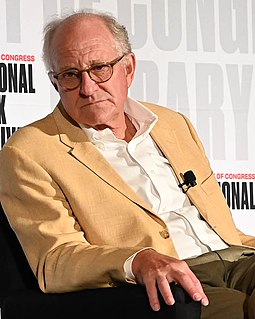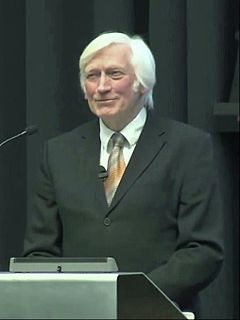A Quote by David O. Sacks
There is some risk that if the wrong regulatory regime gets adopted in the U.S., then the center of innovation could move to other countries. If blockchains are the next Internet, that would be a very unfortunate development for the U.S.
Related Quotes
Suppose Vietnam could separate itself from the American dominated global system and carry out a successful social and economic development. Then that is very dangerous because then it could be a model to other movements and groups in neighboring countries. And gradually there could be an erosion from within by indigenous forces of American domination of the region.
We [European countries] probably need to move forward together, each at their own speed. The faster ones, that could be the countries in the euro zone. The others would be those who are interested in the continued development of the common market, but reject the idea of an ever stronger political integration.
We have looked into the general problems with adoption in the United States, and we discovered - on the basis of the reports written by American NGOs - we discovered that not only Russians but kids from other countries and the American-born kids have been subject to very unfortunate behavior on the part of their adopted parents.
It is possible in theory and I think true in practice that centralization could have been the optimal solution at the beginning of the computer era and now, but not in between. And it may change back again with some other technological development. Some things move in a straight line. Others move like a pendulum.
It is sometimes suggested that the [Nazi economic] recovery was a product of a specific fascist economic strategy, which distinguished it from the recovery efforts of other capitalist states. While few would disagree that the Nazi regime had a number of clear ideological preferences when it came to the economy, the policies pursued in 1933 had much in common with those adopted in other countries, and with the policies of the pre-Hitler governments.
The expression I use: Pain + Reality = Progress. Whenever I would have a painful mistake, I started to view that as puzzles that would give me gems if I could solve the puzzle. So, it made me thoughtful - what should I do differently next time? That was the puzzle. And the gem was some principle for handling the same thing when it came along again, and then I would write it down. And by writing it down and referring to it, and also being able to show it to other people so that we could agree that that was a good way of handling that thing - that was very, very powerful.



































